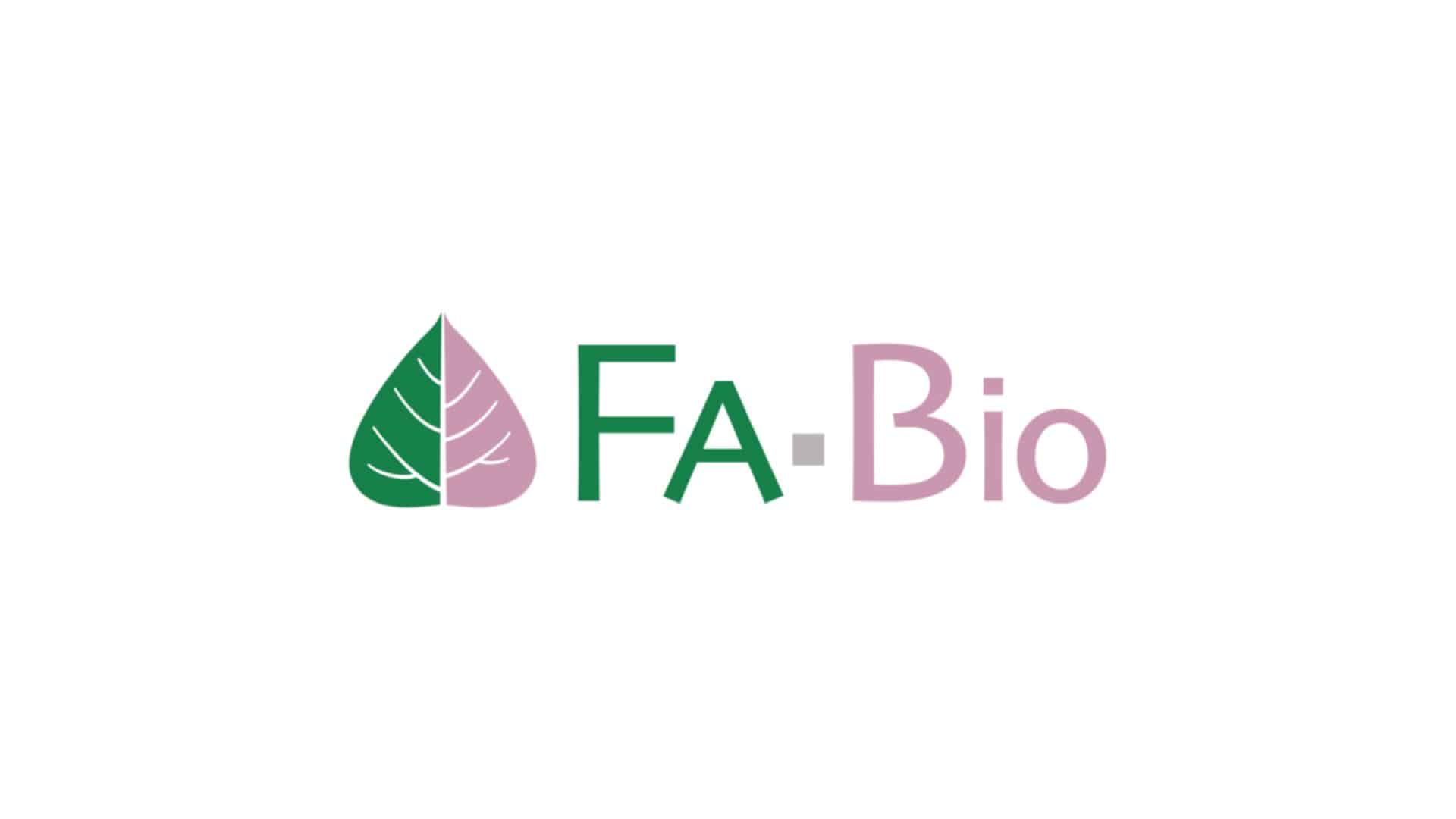Key Takeaways
- FA Bio begins a sponsored proof-of-concept with Bayer Crop Science, co-sponsored by EIT Food, targeting CSFB in oilseed rape.
- The programme builds on FA Bio’s recent discovery of systemic fungal bioinsecticides that outperformed commercial benchmarks.
- The PoC will fast-track soil-native fungal candidates with strong bioinsecticidal and endophytic activity.
- The collaboration aims to generate evidence for future product development and regulatory strategy planning.
- Leadership from the company highlights strong market demand for effective, regenerative biological crop protection tools.
FA Bio Advances Microbial Bioinsecticide Programme with Bayer and EIT Food
FA Bio has announced a new sponsored proof-of-concept (PoC) with Bayer’s Crop Science division, co-sponsored by EIT Food, to accelerate fungal bioinsecticide candidates targeting Cabbage Stem Flea Beetle (CSFB) in oilseed rape (OSR). The initiative marks a significant validation of FA Bio’s platform as major industry players look toward regenerative, nature-based alternatives to conventional pesticides.
The PoC follows FA Bio’s recent advancements in systemic fungal bioinsecticides for aphid control, where several candidates exceeded the performance of existing commercial products. Building on this momentum, the CSFB programme will leverage the company’s proprietary discovery platform to identify high-potential fungal strains, scale experimental validation, and evaluate practical application routes suitable for on-farm use.
“Regenerating agriculture means delivering tools that are effective, affordable and improve soil health,” said Angela de Manzanos Guinot, CEO of FA Bio. “Partnering with Bayer, with the support of EIT Food, demonstrates strong market pull for biologicals that help growers protect yields while rebuilding resilient agroecosystems.”
Fast-Tracking Soil-Native Fungal Candidates
FA Bio’s microbial library includes soil-native fungal isolates with strong bioinsecticidal and endophytic characteristics. The PoC aims to rapidly down-select promising strains based on rigorous criteria related to CSFB performance, OSR crop impact, and real-world delivery potential.
“Our team has screened hundreds of soil-native fungal isolates and identified candidates with compelling insecticidal activity,” said Andrea Gonzalez Gonzalez, Head of Research at FA Bio. “This PoC lets us validate those leads under rigorous experimental conditions, evaluate application routes for real-world farms, and create the data package that de-risks the path to product development.”
Testing will compare application methods to identify scalable, farmer-friendly delivery approaches, with the ultimate goal of supporting regulatory planning and commercial development.
FA Bio: Aiming for Scalable, Regenerative Crop Protection
With CSFB pressure remaining a critical challenge for oilseed rape growers across Europe, the collaboration underscores the growing industry focus on biological plant protection solutions. FA Bio’s approach aligns with broader efforts to reduce reliance on conventional chemistries while maintaining yield performance and supporting soil health.
The PoC is expected to generate data that could form the basis for future development partnerships and commercial pathways as demand for sustainable crop protection continues to rise.


